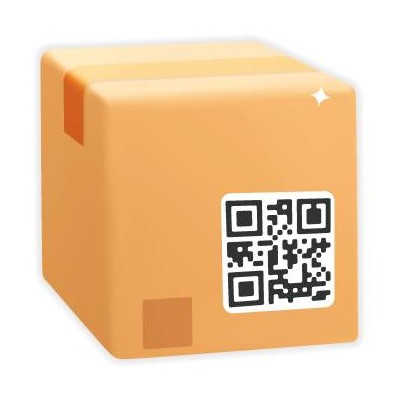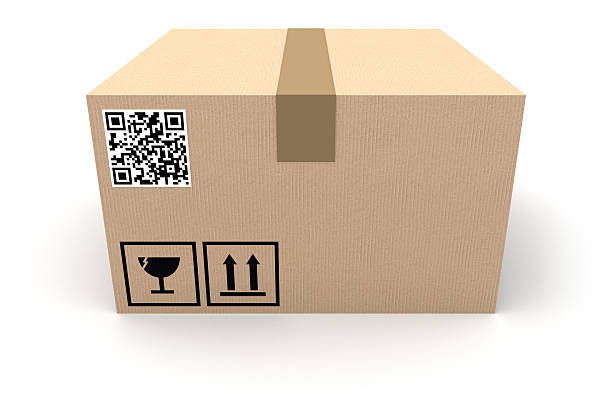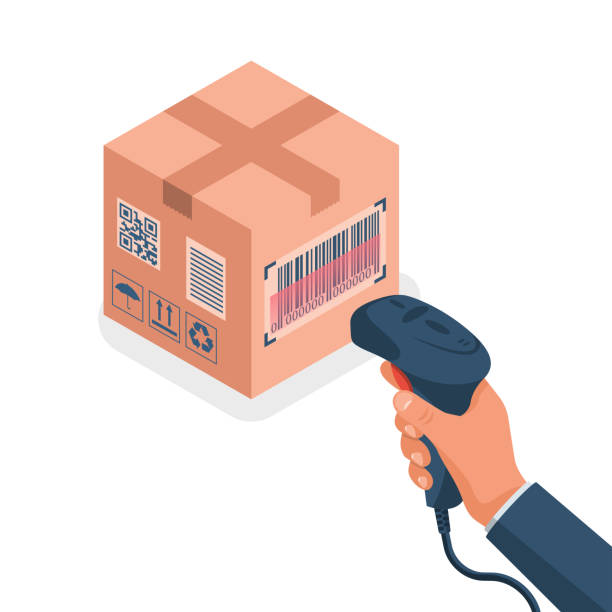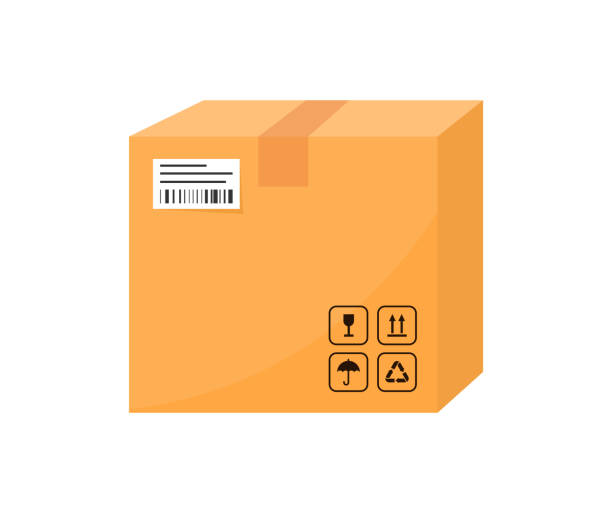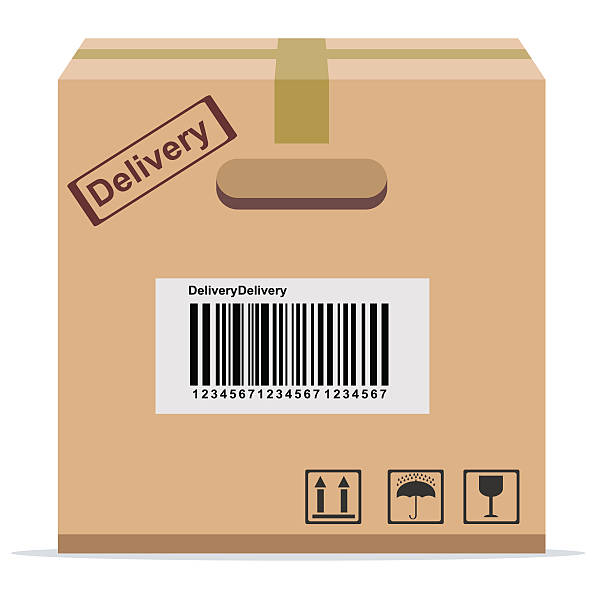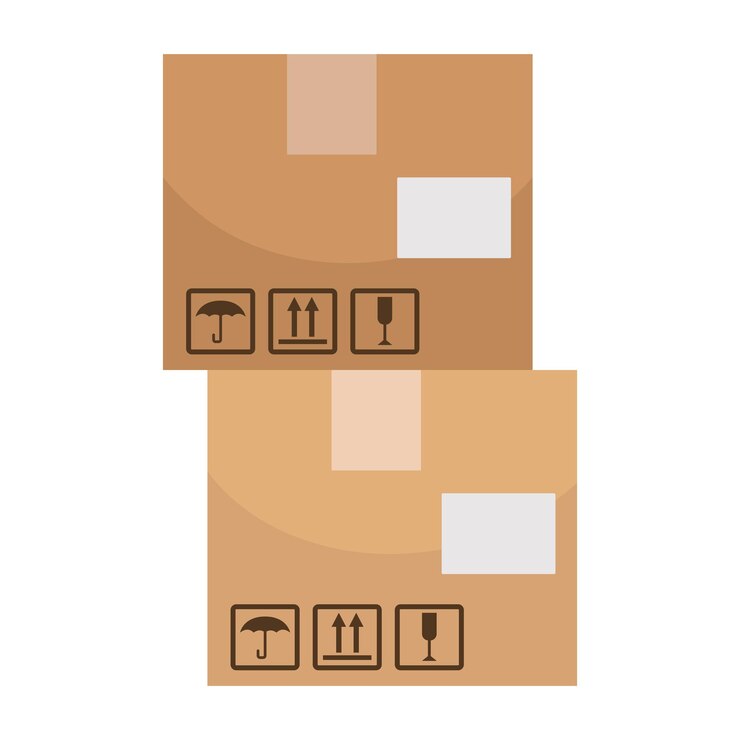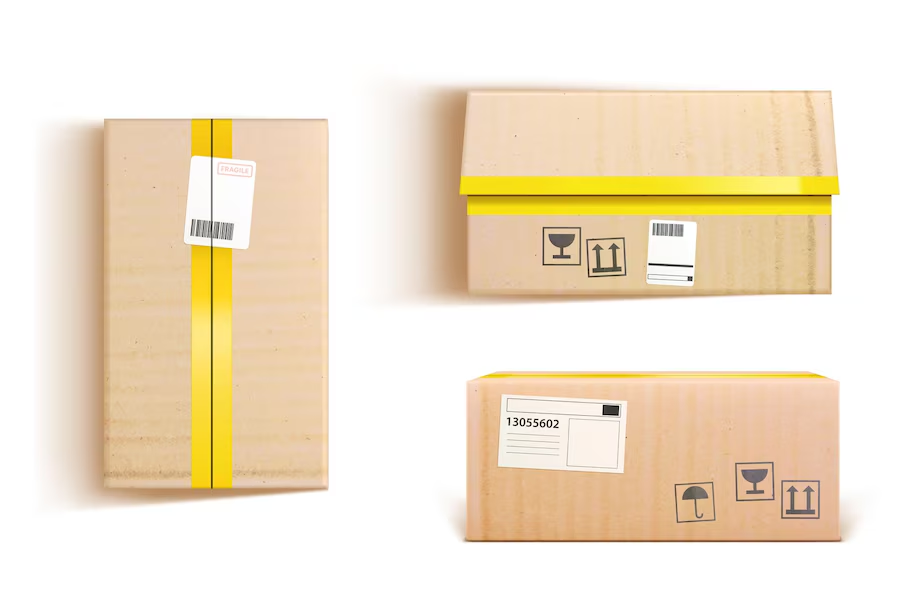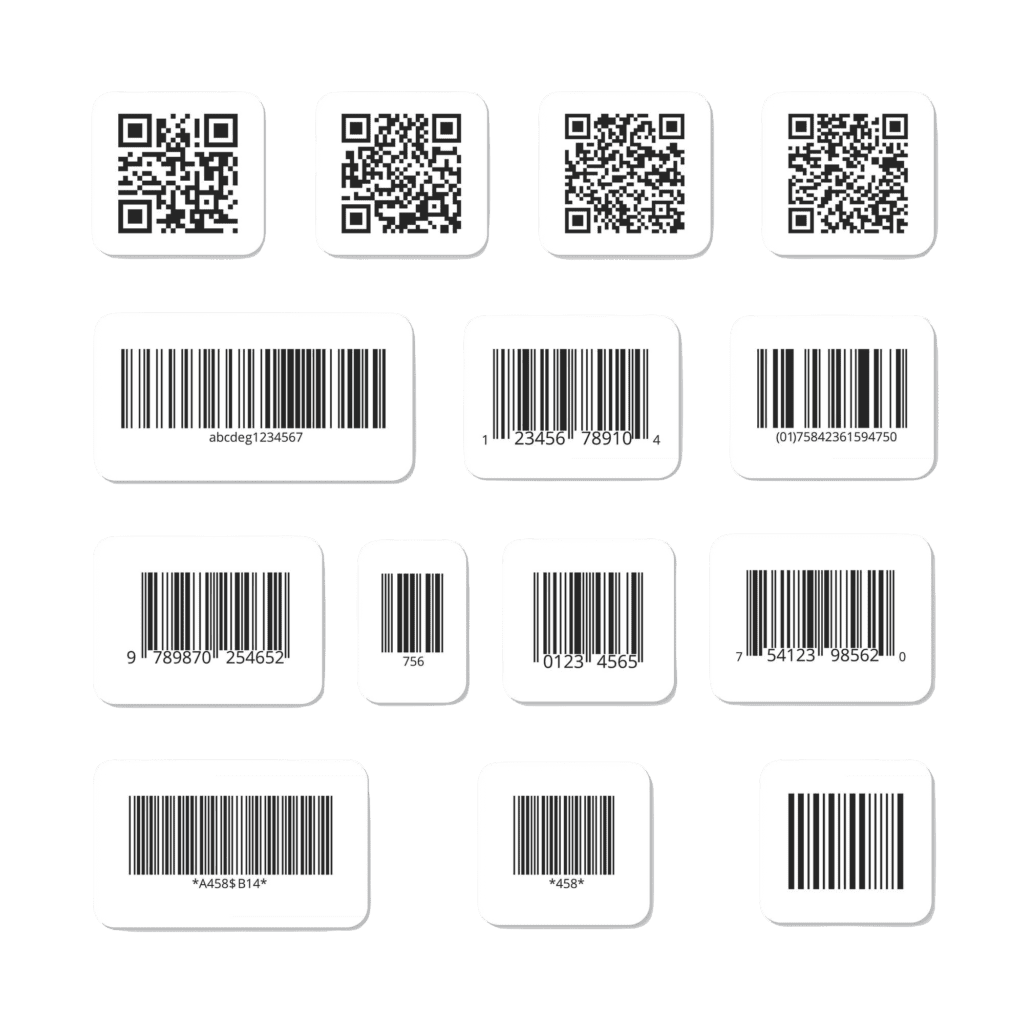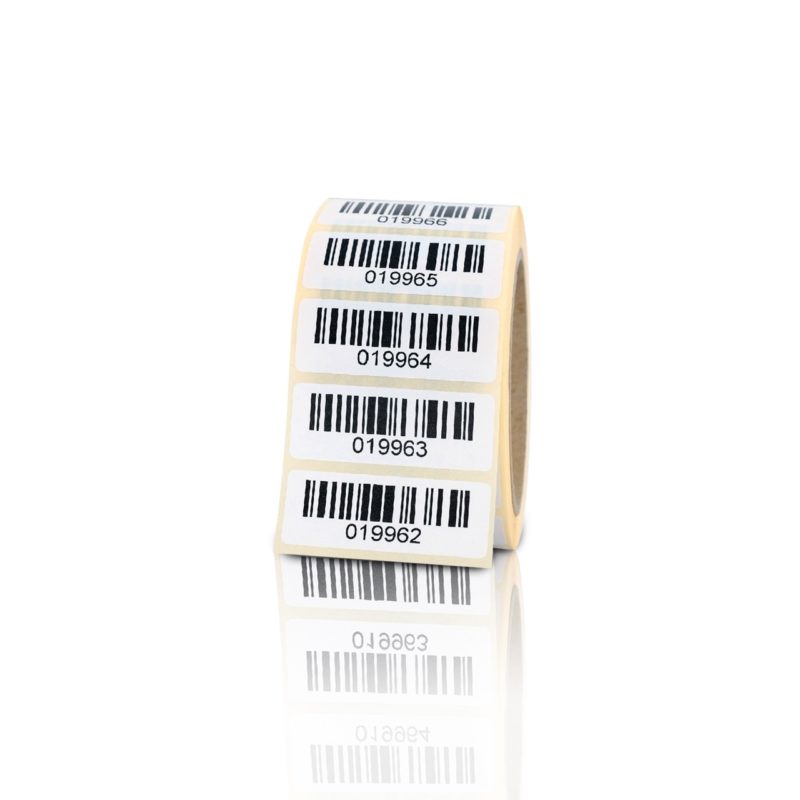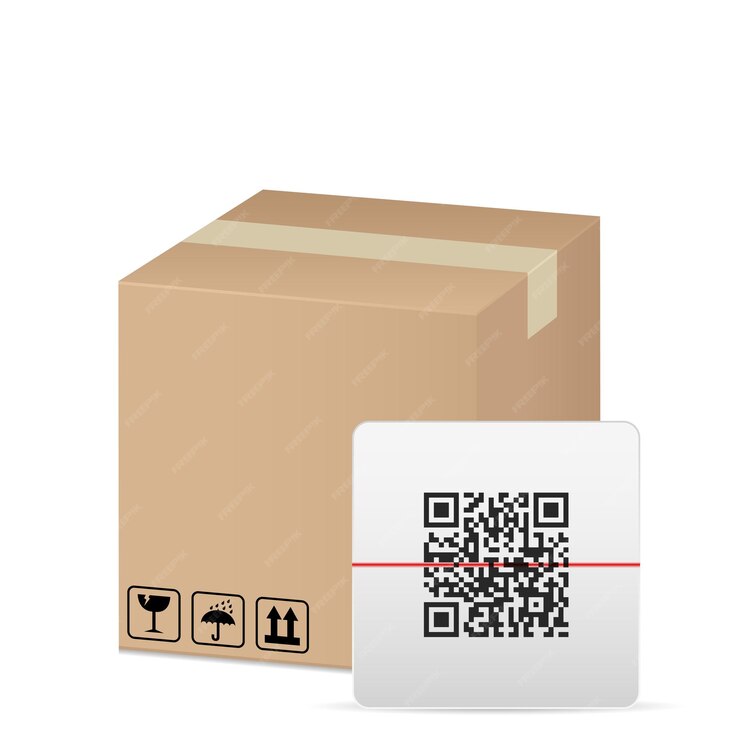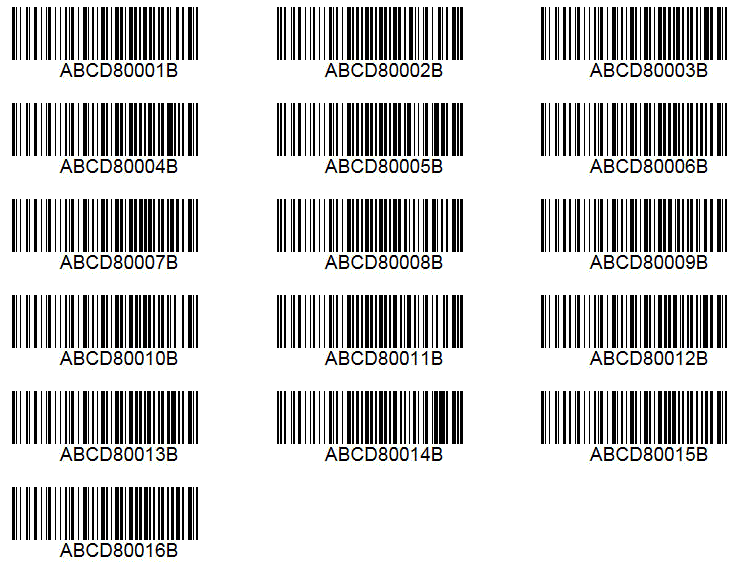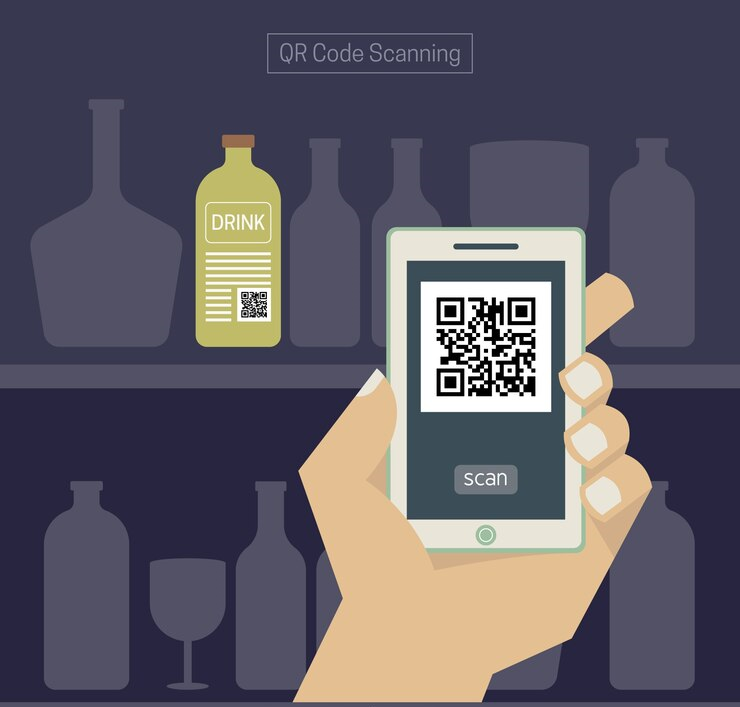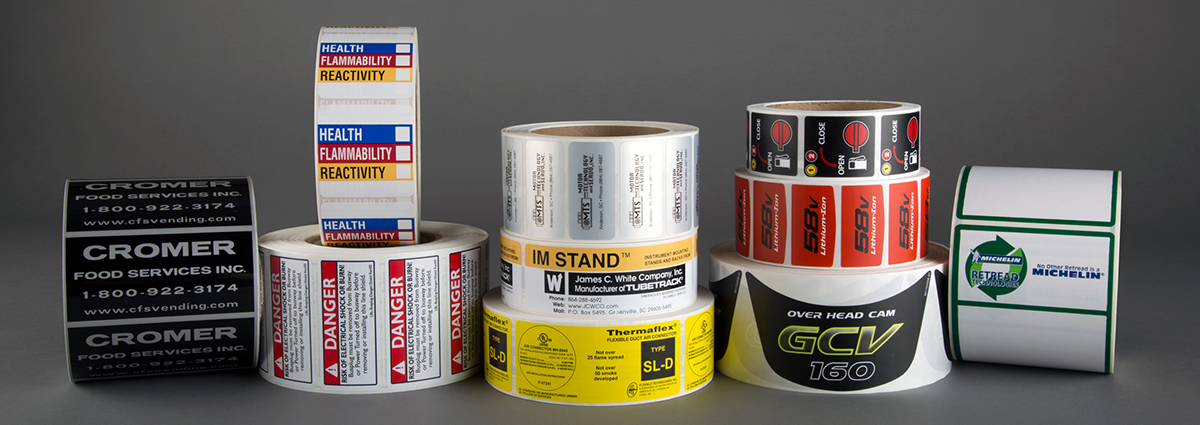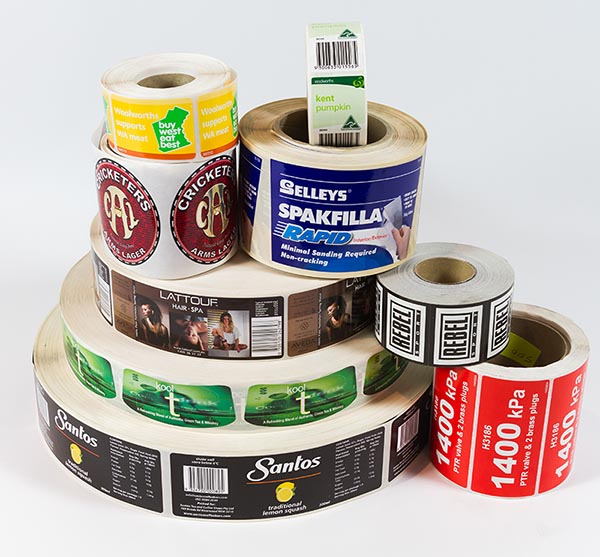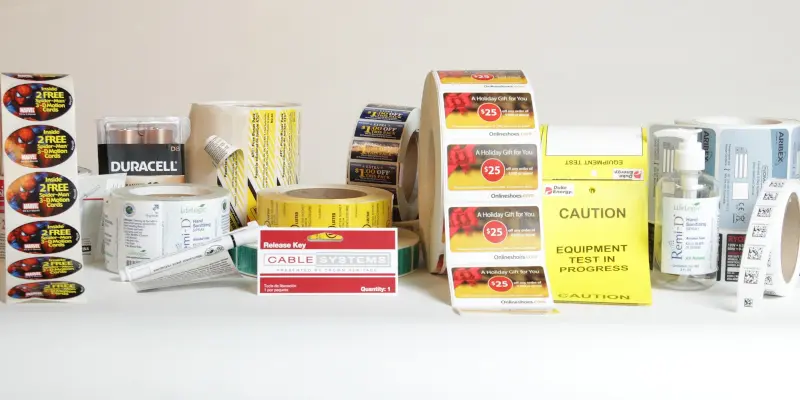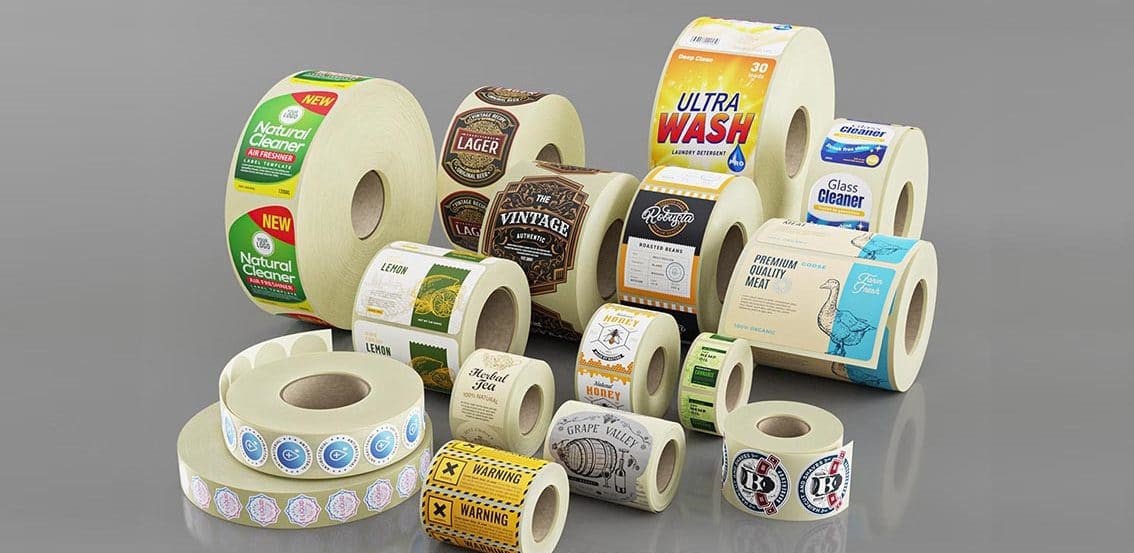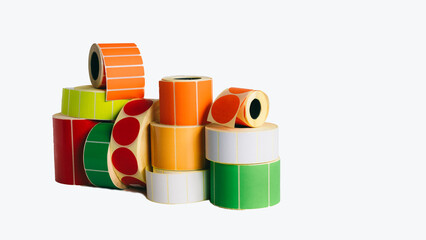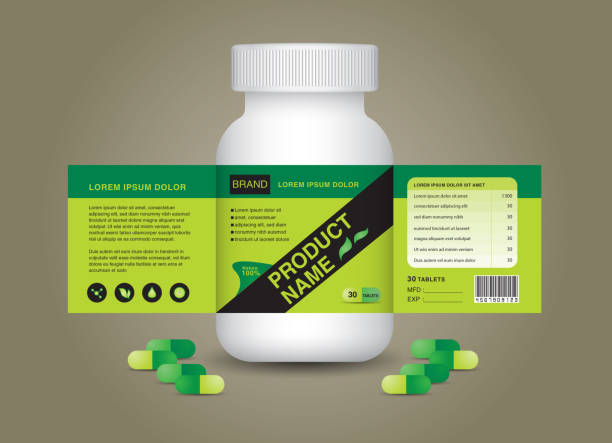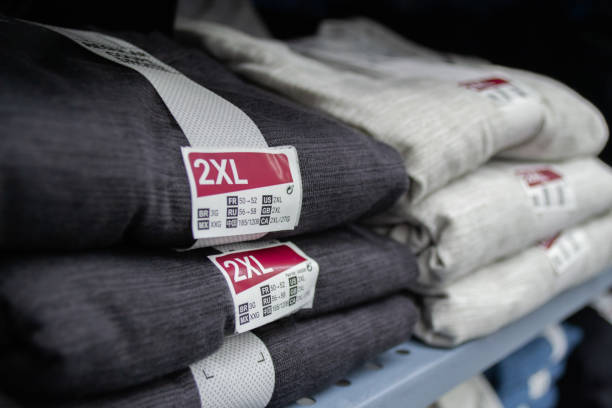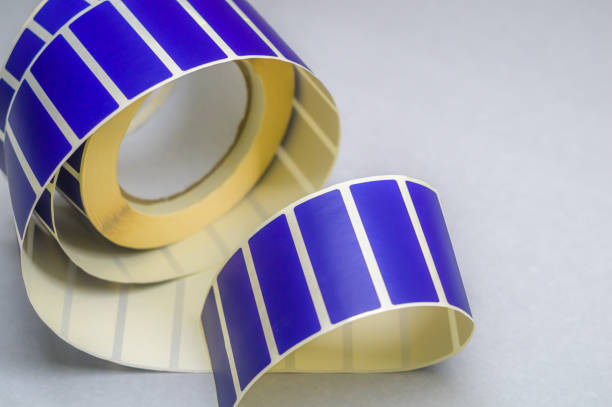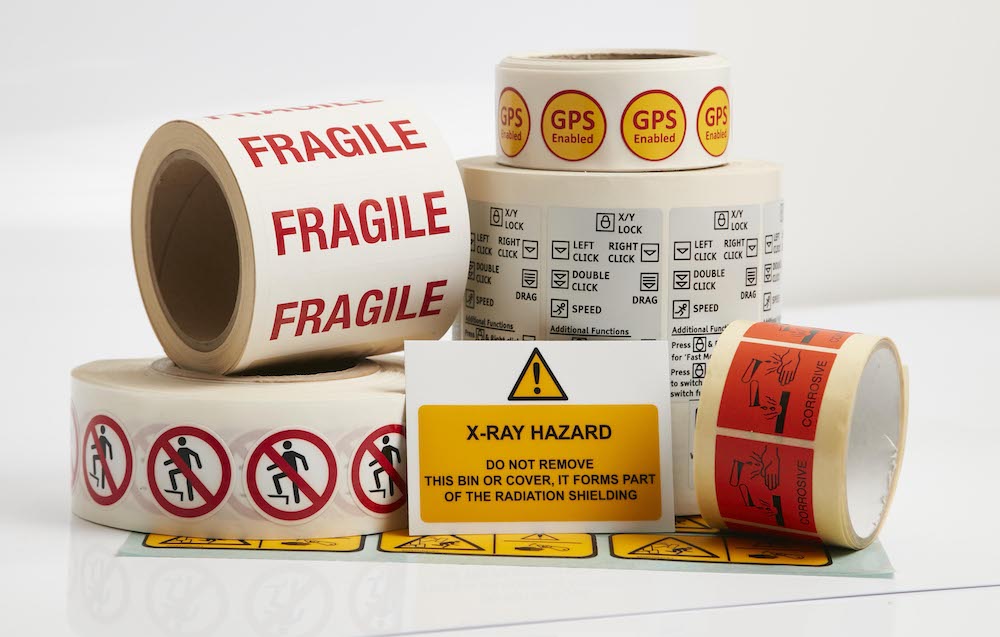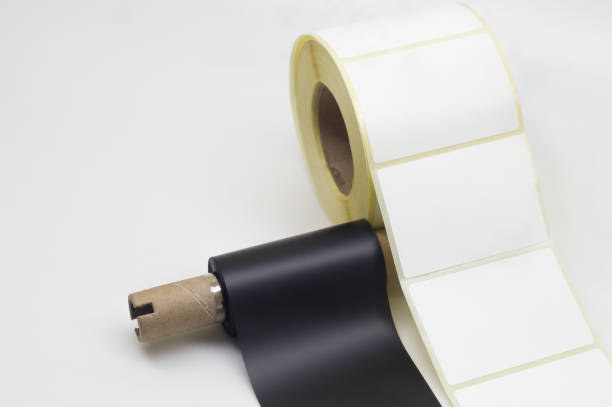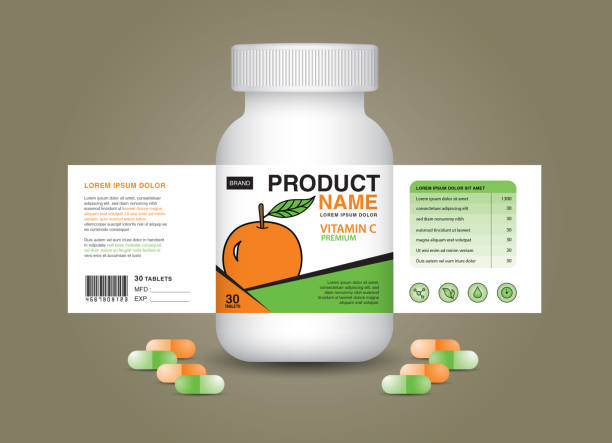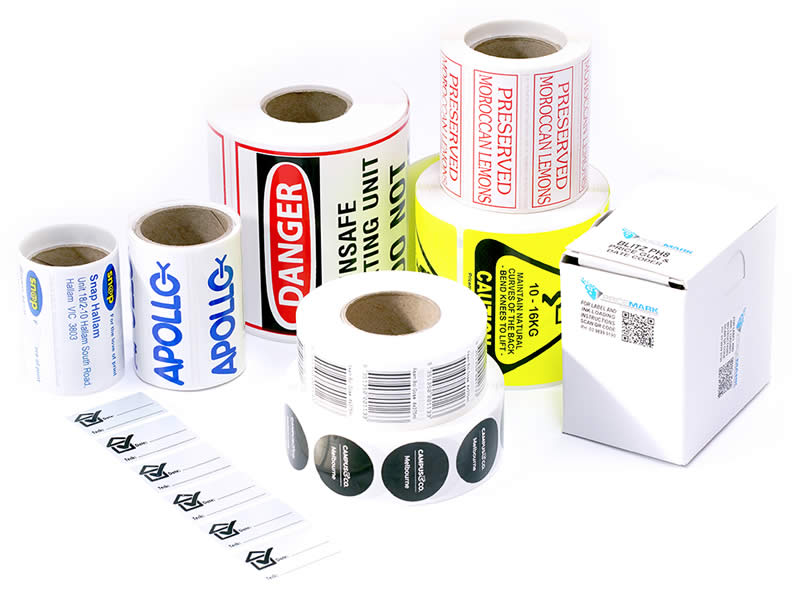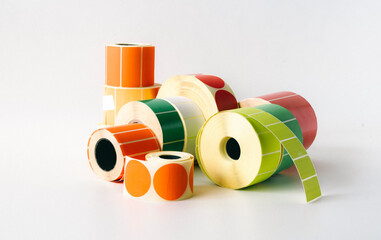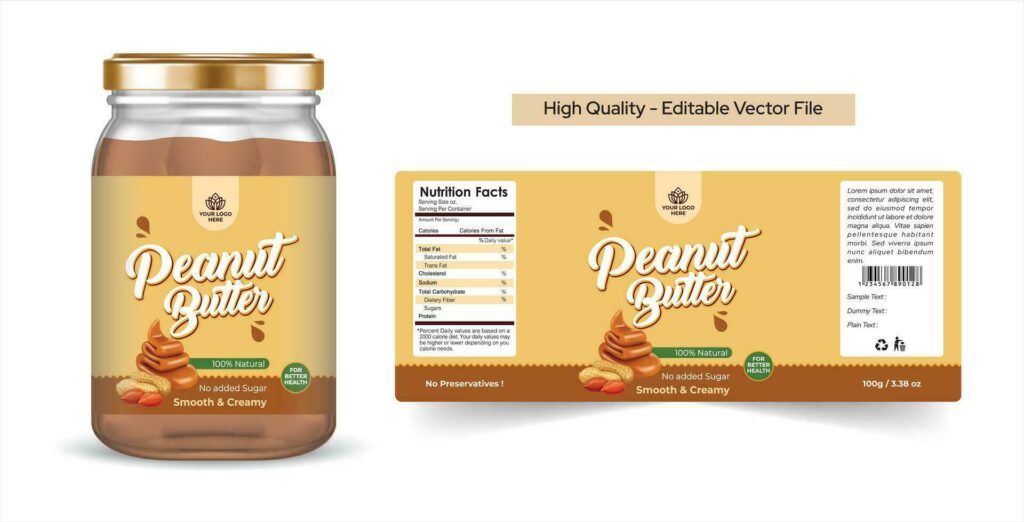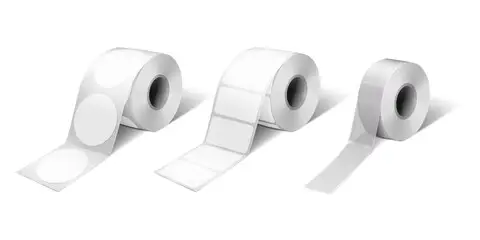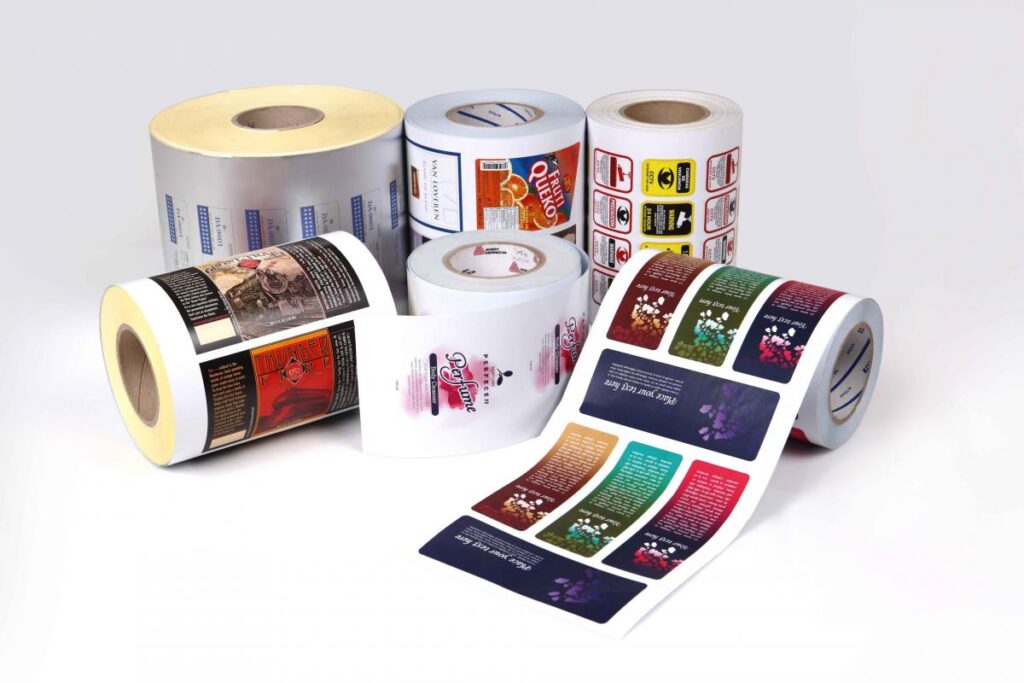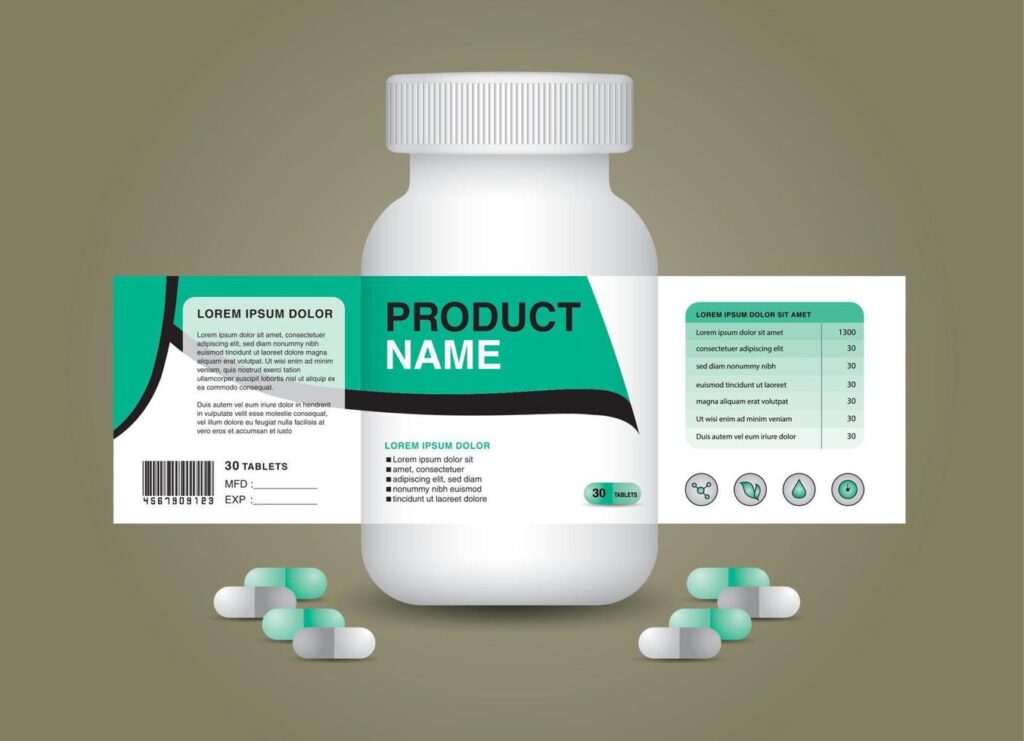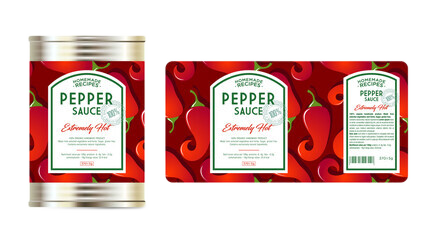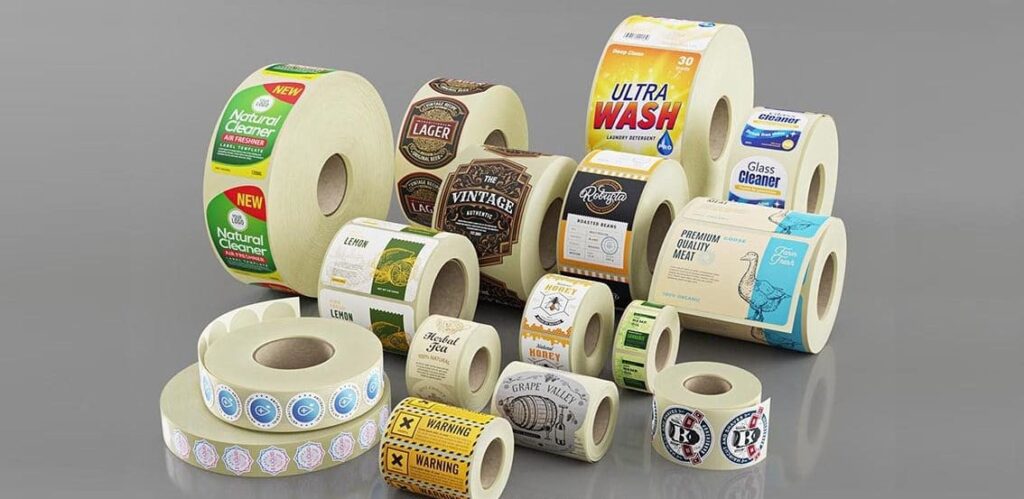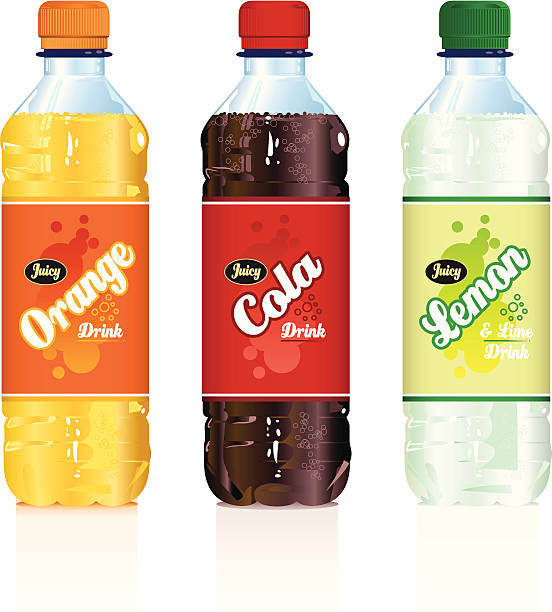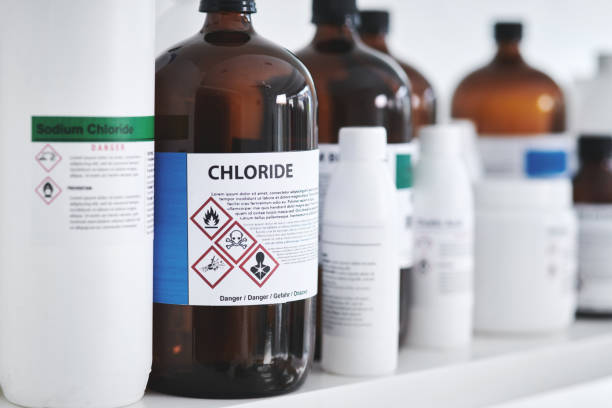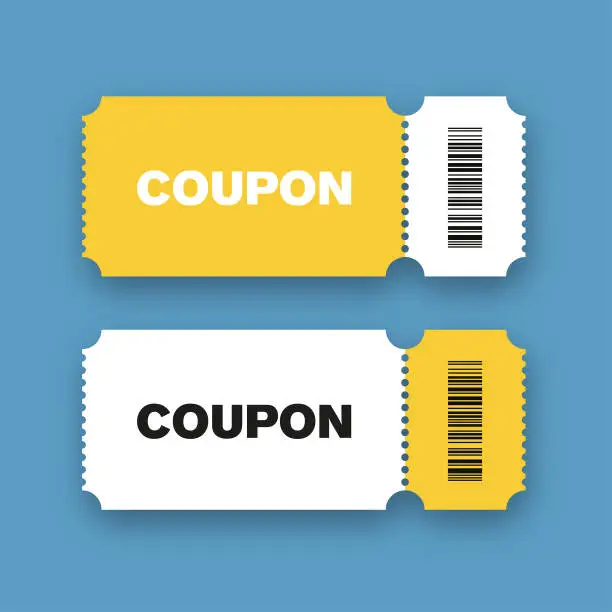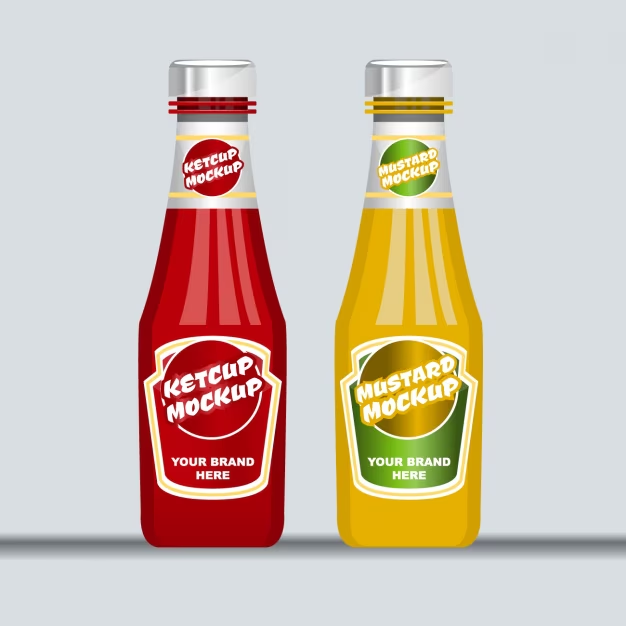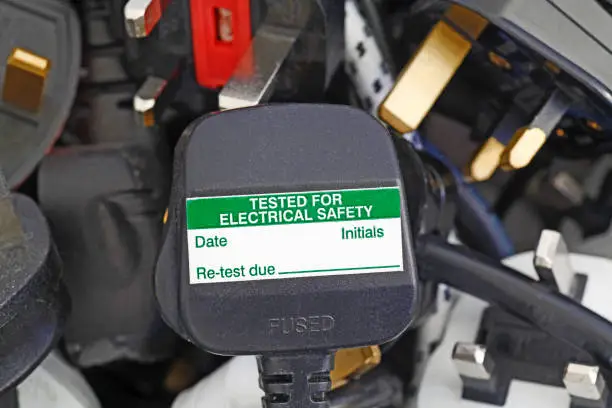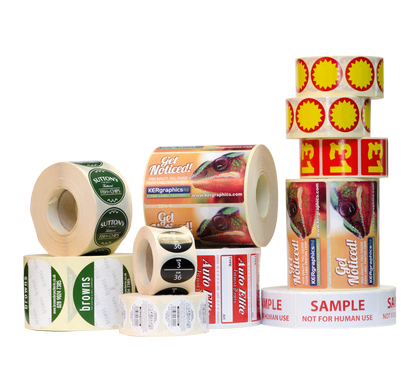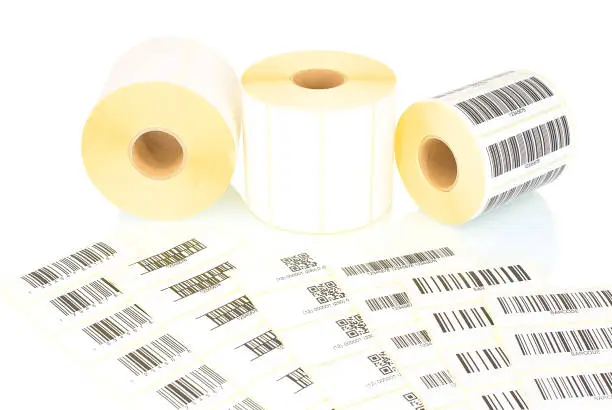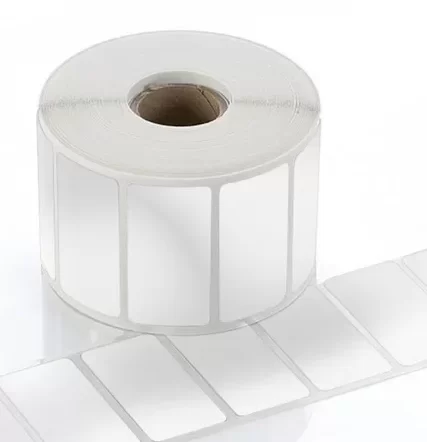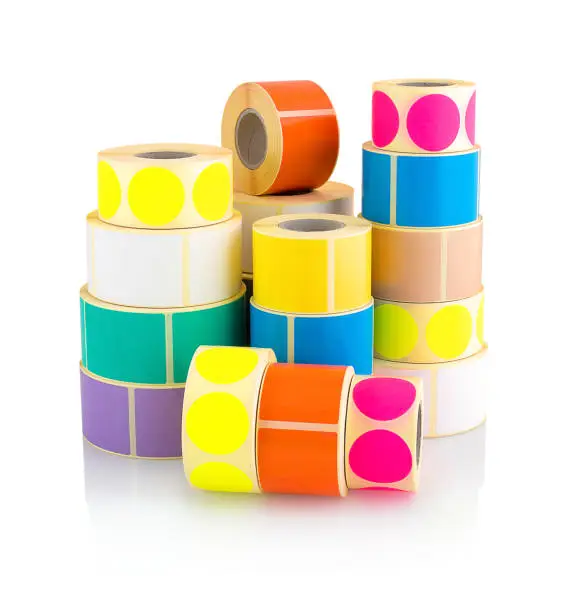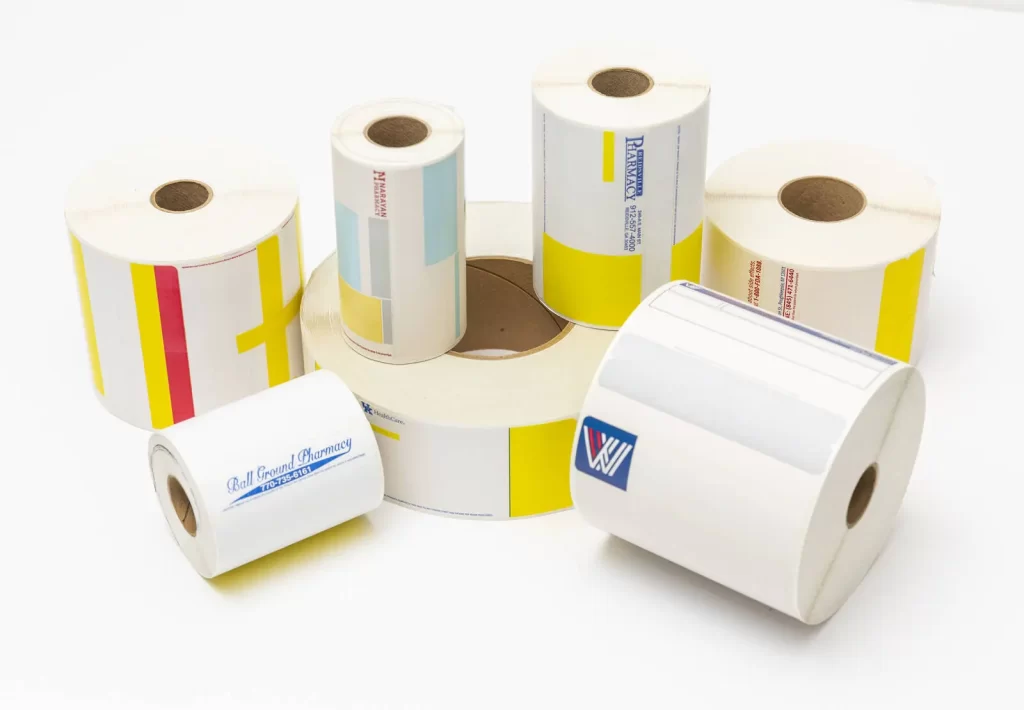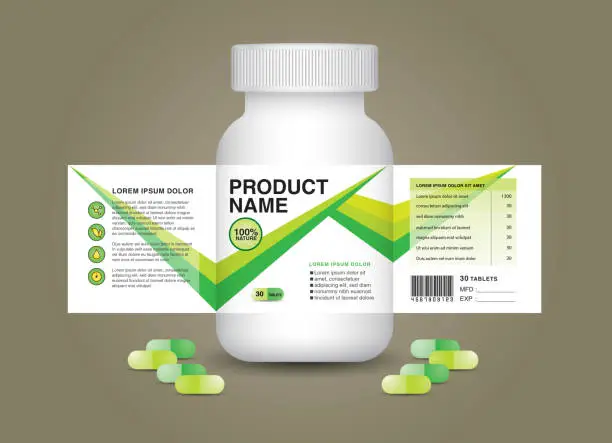
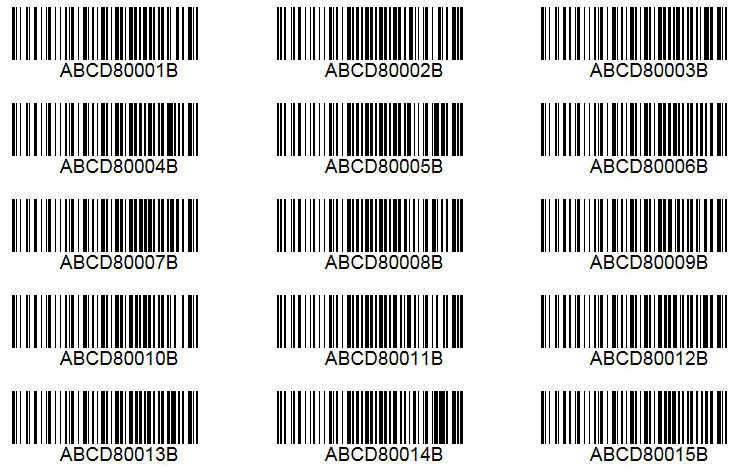
Barcode and pharmaceutical labels are essential for the proper tracking, identification, and distribution of medications. These labels help ensure accuracy, compliance, and patient safety. Let’s break down their functions and components:
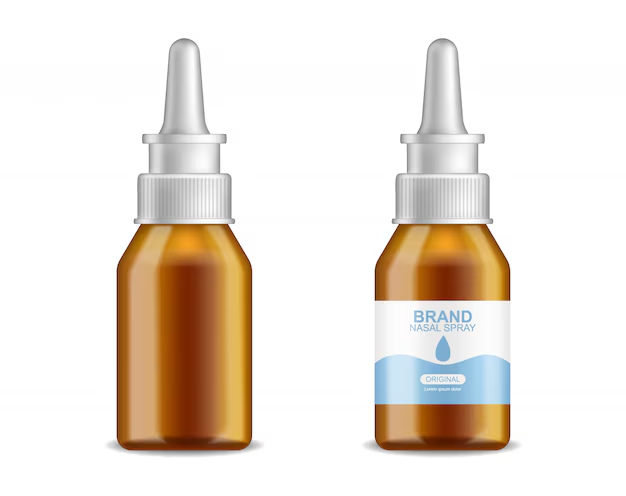
1. Barcode Labels for Pharmaceuticals
Label Manufacturer in Mumbai with Barcodes are widely used in the pharmaceutical industry for inventory management, dispensing, and tracking drugs from production to patient use. A barcode typically represents a unique identifier for a drug product or batch, making it easier to:
- Ensure accuracy in medication dispensing: Pharmacy staff can scan the barcode to verify that the correct medication is being dispensed.
- Track product movement: Barcodes help track the movement of drugs across the supply chain, from manufacturers to wholesalers, to pharmacies, and ultimately to patients.
- Maintain inventory control: Barcodes provide an easy way to keep track of stock levels and reorder medications as necessary.
2. Pharmaceutical Labels
Pharmaceutical labels are used to convey critical information about the drug product, ensuring proper usage and safety. These labels are typically attached to drug packaging and include essential details such as:
- Drug Name: The name of the medication, both generic and brand.
- Strength: The amount of active ingredient in the medication.
- Dosage Form: Whether the drug is a tablet, capsule, injection, topical, etc.
- Expiration Date: Ensuring the medication is within its effective use date.
- Lot Number: Used for traceability and in case of recalls.
- Manufacturer Information: Name, address, and contact information of the manufacturer.
- Instructions for Use: Directions on how to take or apply the medication, including warnings and contraindications.
- Barcodes/Serialization Numbers: For tracking and verifying the medication.
- Warnings and Precautions: Important safety information, side effects, or any contraindications.
Label Manufacturer in Mumbai must comply with regulations and standards, which can vary by region (e.g., FDA regulations in the U.S. or EMA in Europe). For example, serialization has become a significant regulatory requirement, especially in the context of the Drug Supply Chain Security Act (DSCSA) in the U.S., which mandates that all prescription drugs be serialized to prevent counterfeit drugs from entering the market.
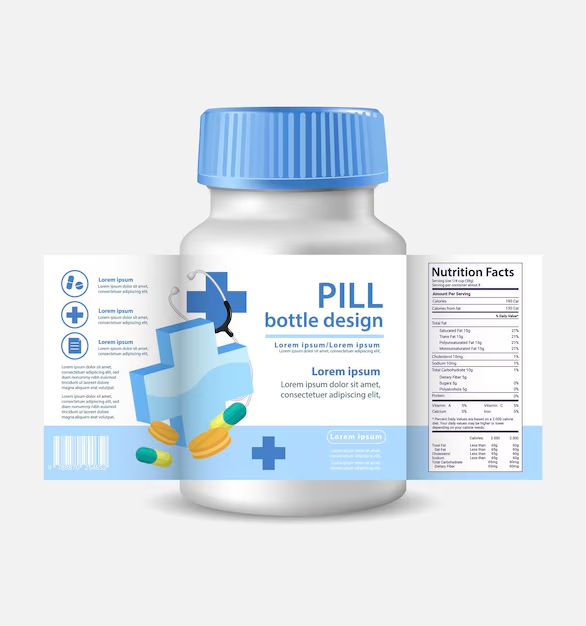
3. Serialization and Regulatory Compliance
With the increasing concern about counterfeit drugs, many countries have implemented serialization requirements. These regulations demand that pharmaceutical products be individually identified with a unique serial number. Serialization involves encoding a unique identifier in the barcode, such as:
- Product identifier: Which could include the National Drug Code (NDC) in the U.S.
- Serial number: A unique number for each individual package.
- Lot number and expiration date.
For instance, in the U.S., the Drug Supply Chain Security Act (DSCSA) requires that pharmaceutical packaging includes unique identifiers (UIDs) in a machine-readable format, such as a 2D DataMatrix barcode, to help ensure traceability and prevent counterfeit drugs.
4. Anti-Counterfeiting Measures
In addition to serialization, pharmaceutical labels may include features designed to combat counterfeiting, such as:
- Holograms: Security features that are difficult to replicate.
- Invisible Ink or UV Markings: Marks visible only under UV light.
- Tamper-evident Packaging: Labels or seals that show if the package has been opened or tampered with.
5. Benefits of Barcode and Pharmaceutical Labeling
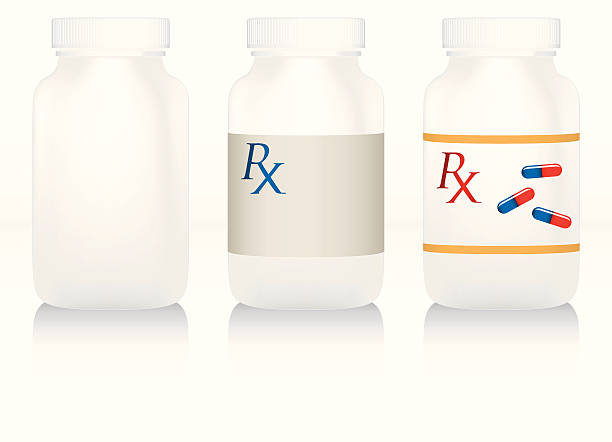
- Enhanced Patient Safety: Barcodes and detailed labeling help to reduce medication errors.
- Streamlined Operations: Efficient supply chain and inventory management via barcode scanning.
- Regulatory Compliance: Labels help ensure that pharmaceutical companies meet the regulatory standards for labeling and serialization.
- Counterfeit Prevention: Helps track drugs across the supply chain to prevent counterfeit products from entering the market.
6. Technological Advances
As technology evolves, pharmaceutical labels and barcodes are becoming more sophisticated. For example:
- Smart Labels: Incorporating RFID (Radio Frequency Identification) for real-time tracking.
- Mobile Apps: Allowing healthcare professionals and patients to scan barcodes or QR codes for detailed drug information.
In summary, barcode labels in the pharmaceutical industry are crucial for ensuring the correct drug reaches the right patient, tracking inventory, and complying with regulatory standards. Pharmaceutical labels provide essential information about a drug’s usage, safety, and traceability, all of which are vital for patient care and safety.
Key Factors to Consider When Choosing a Label Manufacturer
When selecting a label manufacturer, consider the following factors to ensure you get the best quality and value:
- Material Quality: Ensure the manufacturer uses high-quality materials that match the needs of your product and intended use.
- Customization Options: Choose a manufacturer that offers flexibility in design, size, and shape, especially if you need custom labels.
- Printing Technology: Look for companies with up-to-date printing technology, as this affects the quality, speed, and cost of production.
- Adhesive Options: Make sure the manufacturer offers the correct adhesive for your product’s surface (e.g., glass, plastic, or metal).
- Lead Time & Delivery: Choose a manufacturer with reliable lead times and fast delivery to meet your business needs.
- Environmental Responsibility: Many companies now offer eco-friendly label options, reducing the carbon footprint and environmental impact.
